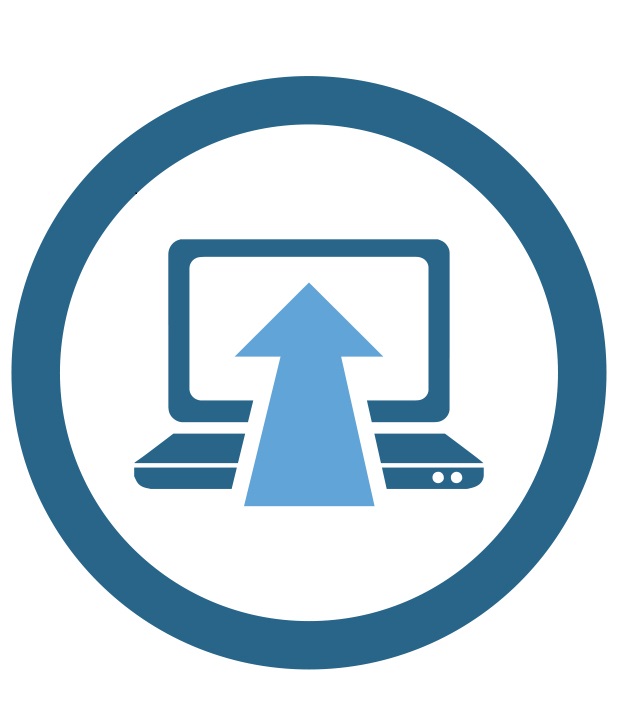Every electronic and IT product has a lifecycle. Following a product release, the item is distributed based on demand, purchased and used to maturity, which is the point at which excitement and demand starts to decline. Decline in demand compromises market share, brand equity and profitability. Manufacturers manage this stage in the product lifecycle through their cycles of innovation, introducing new products with performance improvements, and operational and environmental efficiencies.
In the electronics and IT industry that lifecycle tends to average 2-3 years. New innovations in tablets, wearables, mobile phones and other gadgets are excitedly anticipated and demand is built in advance of release. In addition to marketing and building demand manufacturers can also address the challenge of retiring older generation products from the marketplace, incentivising users to upgrade to the next generation product.
American rugged camera company GoPro recently (April 2017) launched a trade-up website where you can purchase your new camera and trade in your old one for a discount of circa £100. GoPro takes back and recycles old cameras in an environmentally responsible way through a zero landfill program. It is a win-win for consumers and GoPro, as well as for sustainability overall.
Apple has introduced ‘Trade-up’ schemes in various countries including France, Italy, Spain, the United Kingdom, and the United States for MacBook’s, iPads and iPhones. Programs like this are usually straight-forward, but Apple has developed several innovative options. One options includes a credit toward a new device in the form of an instalment loan. Another includes credit that can be put toward a monthly bill. Each option is designed to encourage customers to purchase new products earlier than they might have otherwise.
These returns programs have both B2C and B2B applications. Cisco runs a global trade-in program to incentivize business customers to exchange outdated products for discounts on new equipment. Cisco reports that, of all product traded in during 2014, 23 percent was refurbished for reuse or resale, the equivalent to 2700 metric tonnes of equipment prevented from being discarded. Cisco sees the trade-in programs as part of their strategy to adopt circular economy principles that maximise the life of their products, reduce environmental impact and provide business value to both themselves and their customers.
A recent study by the Green Alliance notes that globally only 12 percent of smartphone upgrades involve older devices being sold or traded in for new ones. Obviously this results in a plethora of phones being stashed in drawers or potentially becoming landfill. But it also presents an opportunity to increase the sales of new, upgraded units. This is an area that companies can grow in a number of ways, continually over time. Those looking for new ways to increase sales of new units can partner with returns management companies to introduce renewal programs, therefore benefiting from increased volume sales and value back on returned products.
Renewal campaigns are beneficial to all stakeholders. Consumers don’t feel aggrieved that their laptop, phone or fitness tracker no longer works; manufacturers sell profitable new products; recyclers gain efficiency savings with easier-to-process products, and value returns to the manufacturer are maximised. Collectively, we reduce the strain on our planet’s precious natural resources. That’s sustainable thinking.
Many current programmes are limited to certain geographies. In today’s connected world it is important to be able to offer like for like schemes across the world. Sims Recycling Solutions (SRS) runs returns programmes globally with fully standardised processes via a single online management platform. Multiple campaigns can be managed concurrently to increase sales of certain products in particular focus areas, the program is branded up to your specification and we take care of managing your returns.
The regulatory and compliance requirements for returned products are complex and vary country by country and, in many cases, region by region. Navigating product movement in a global marketplace can be challenging, particularly with increasingly strict compliance regulations around handling, packaging and movement of old IT assets and the potential complications around handling dangerous and hazardous material within that equipment. SRS monitors changing global regulations, ensuring compliance with local and trans-border legislation.
Contact us today to find out more about our renew programmes: www.simslifecycle.com/returns
References
http://csr.cisco.com/casestudy/product-trade-in
https://www.digitaltrends.com/photography/gopro-launches-trade-up-program/
http://www.green-alliance.org.uk/resources/A%20circular%20economy%20for%20smart%20devices.pdf
